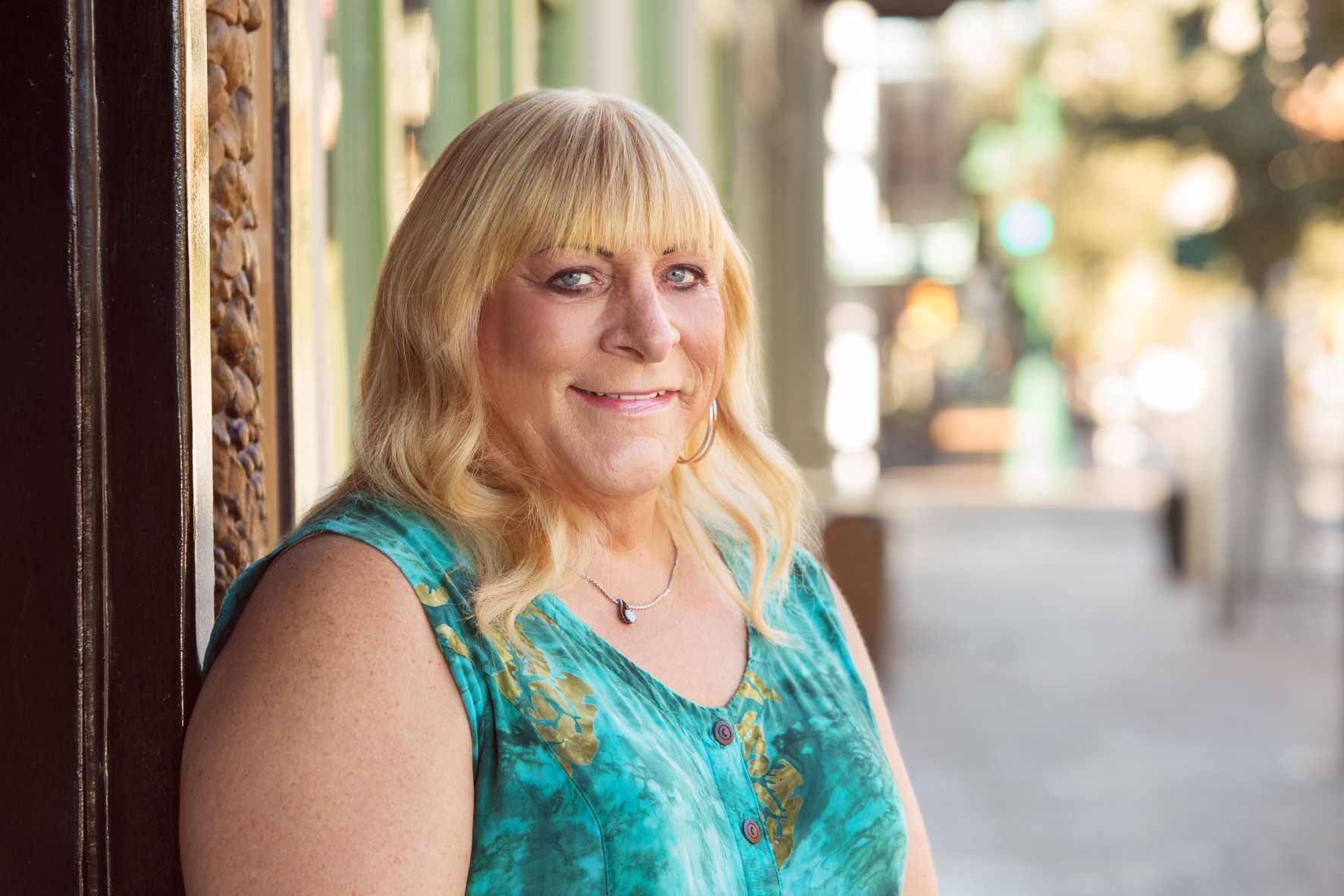Trans People and Access to Housing
What does your home mean to you? For some, it is a place to grow, learn, and find a supportive environment with family members. A home is also the infrastructure that protects from weather, rain, and external dangers. Unfortunately, for trans people, the concept of home is often linked to discrimination and exclusion so painful that it leads them to leave when they are still very young. In fact, one of the most important studies about trans people in the United States found that 30% of those surveyed reported having been homeless at least once in their lives. On Trans Visibility Day, we want to reflect on the challenges that people with diverse gender identities face in accessing housing and inclusive environments in Latin America and the Caribbean.
Family: A First Contact With Violence?
The first place where children with diverse gender identities should receive protection and freedom to express themselves is in their own homes. However, it is precisely where many of the first forms of violence and discrimination manifest. An example of this rejection is the attempt to modify diverse gender expressions from an early age: a study of 3,246 LGBTQ+ students in Colombia found that among those who reported having experiences with “conversion therapies” to change their sexual orientation and gender identity, 78.6% attended by an obligation of their parents or caregivers. Cases of violence like this cause many young people with diverse gender identities to face homelessness, dropping out of school, or poverty from an early age, hindering their development and well-being.
Trans Adulthood
Discrimination and violence explain why trans individuals do not easily find a home to settle in. Although cities can offer better living conditions and greater job opportunities, within them, there are few neighborhoods where housing is safe, dignified, and affordable. Some of the challenges they face are:
Limited mobility
A study conducted in Bogotá on the mobility of trans individuals found that a small area of four-by-four blocks in the city center was one of the few places where participants experienced a sense of belonging and ownership. There, they built a safe zone, found alternatives for income generation, and created a support network to collectively confront street rejection and violence.
Discrimination in rental and credit applications
Barriers to obtaining formal jobs, in addition to social discrimination based on their gender identity or the inability to use the name they recognize as their own, lead many trans individuals to not make formal rental requests. According to a survey conducted in Argentina in 2013, eight out of ten trans individuals surveyed had not made any requests related to renting a property or obtaining a mortgage loan in their name. Additionally, three out of ten mentioned being rejected by their neighbors in the place where they live.
Additionally, trans individuals who apply for or request information about rental properties are subject to discrimination by landlords or real estate companies. A recent study by the Gender and Diversity Knowledge Initiative (GDLAB) of the IDB conducted in Argentina, Colombia, Ecuador, and Peru found that in all four countries, information requests for rental properties made by couples with a trans woman received 19% fewer responses, 27% fewer positive responses, and 23% fewer invitations to view the property than when the request was made by cisgender couples, whether they were heterosexual or homosexual.
Additionally, the difficulty for trans individuals to access decent, safe, and affordable housing impacts their living conditions, health, and economic opportunities. It also affects their ability to plan their futures, their families’ futures, and prepare for old age.
Life-changing Solutions
In this context, there are increasingly more projects aimed at promoting access to housing for trans individuals in Latin America. These solutions also create safe spaces to build community networks and foster a sense of belonging among individuals with diverse gender identities and sexual orientations.
• The Center for Attention to Sexual and Gender Diversity (CAIDSG, for it’s acronym in Spanish) is a space located in Bogotá that offers psychosocial care, legal advice, support for job placement, and information on care routes for cases of violence, among other services. This project is led by the Mayor’s Office of Bogotá with support from the IDB.
• Laetus Vitae is one of the first homes for LGBTQ+ seniors founded by trans-activist Samantha Flores in Mexico City with the aim of offering a suitable and dignified place of refuge for LGBTQ+ seniors.
• Programa Transcidadania is a public program implemented in Sao Paulo that aims to promote the social and economic inclusion of trans individuals, which includes monetary aid for education. Additionally, it offers psychological, legal, and social support to those who participate in the program.
These examples demonstrate that it is possible to contribute to improving the quality of life for trans and non-binary individuals. However, we still have a long way to go to fight discrimination and exclusion towards individuals with diverse gender identities. In the region, everyone should have a place we can call “my house,” and even better, “my home.”



Leave a Reply